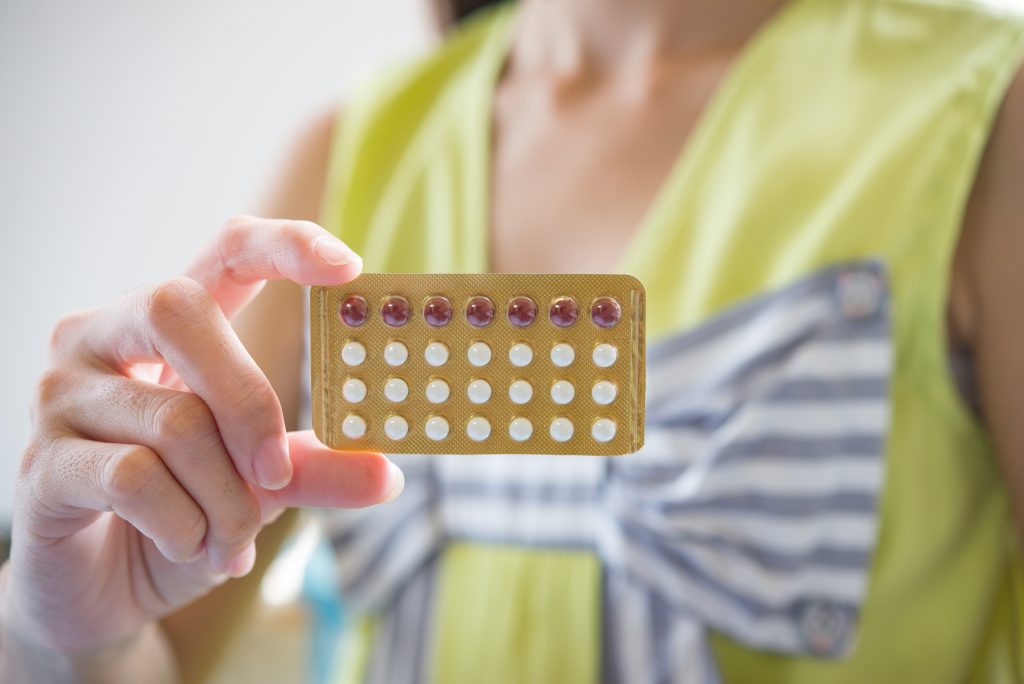Exploring Oral Contraceptives: Benefits, Usage, and Access in the Philippines
Estimated reading time: 7 minutes
Mga Pangunahing Takeaway
- Contraceptive pills play a significant role in preventing unwanted pregnancies and managing various health conditions.
- Regular usage is crucial for maintaining the effectiveness of contraceptive pills.
- Access to contraceptive pills in the Philippines is variable and can depend on the region.
Talaan ng nilalaman
- Basics of Contraceptive Pills
- Definition and Function
- Types of Birth Control Methods
- Benefits of Contraceptive Pills
- Side Effects of Birth Control Pills
- How to Use Contraceptive Pills
- Access to Contraception in the Philippines
- Contraception Availability
- Where to Buy Contraceptive Pills in the Philippines
- Cost of Birth Control Methods
- Sex Education in the Philippines
- Sexual Health Services
- Mga Madalas Itanong
Basics of Contraceptive Pills
Definition and Function
Contraceptive pills are a type of hormonal birth control that primarily prevents ovulation, the release of an egg from the ovaries. These pills contain either a combination of estrogen and progestin or progestin alone, making them an effective method for regulating menstrual cycles and preventing pregnancy. These benefits are discussed in more detail dito. For more details, you can read dito.
Types of Birth Control Methods
The Philippines offers various birth control methods, including:
- Mga condom
- Mga injectable
- Implants
- Intrauterine devices (IUDs)
- Natural family planning
Among these, contraceptive pills are celebrated for their accessibility and ease of use.
Benefits of Contraceptive Pills
The benefits of using contraceptive pills extend beyond preventing pregnancy. They include:
- More regular menstrual cycles
- Reduced menstrual pain and lighter periods, which decrease the risk of anemia
- Lowered risk of ovarian and endometrial cancer
- Protection against pelvic inflammatory disease and decreased frequency of ovarian cysts
You can find a detailed exploration of these benefits dito. Additionally, the role of birth control in preventing unplanned pregnancies is further examined dito.
Side Effects of Birth Control Pills
While contraceptive pills are beneficial, they can have side effects:
- Common issues include spotting, nausea, breast tenderness, and mood changes.
- There are also rarer but more severe risks like blood clots and stroke, particularly among smokers or women over 35.
Refer to these sources for more comprehensive information on side effects: Healthline, Medical News Today, at WebMD. For insights specifically on how birth control pills can affect your mood, visit Can Birth Control Pills Affect Your Mood?.
How to Use Contraceptive Pills
For maximum effectiveness, it’s crucial to take contraceptive pills daily at the same time. Adherence to this routine helps prevent missed doses, crucial for maintaining the pill’s effectiveness. Discover more about this at Medical News Today at WebMD. To determine if oral contraceptives are the right choice for you, consider reading Are Oral Contraceptives Right for You?.
Access to Contraception in the Philippines
Contraception Availability
In the Philippines, contraceptive pills are accessible through pharmacies, health centers, and even some supermarkets, though availability can vary significantly by region.
Where to Buy Contraceptive Pills in the Philippines
Contraceptive pills are available at licensed drugstores and clinics across the Philippines. Typically, a prescription is required, particularly for minors.
Cost of Birth Control Methods
The cost of contraceptive pills can vary, with generic versions being more affordable. These are often available at public health centers at minimal to no cost. Other methods like injectables and implants might have a higher initial cost but prove economical over time.
Sex Education in the Philippines
Sex education, although part of the public school curriculum, is subject to variability in its implementation, often influenced by cultural and religious views.
Sexual Health Services
The Philippines provides various sexual health services, including STI testing and access to contraceptives, through government clinics, private hospitals, and NGOs.
Conclusion
Oral contraceptives offer numerous health benefits and are an essential part of reproductive health strategy in the Philippines. Understanding the various aspects of these pills—from benefits and side effects to usage and accessibility—enables individuals to make informed decisions. By choosing the right contraceptive method, individuals can effectively manage their reproductive health and well-being.
Let’s remember the importance of making informed health decisions and consider the role organizations like TRUST ph play in enhancing sexual and reproductive health rights in the Philippines. By accessing credible resources and support, everyone can gain control over their sexual and reproductive health in a way that suits their needs and lifestyle. For more information on how long you should stay on birth control, visit How Long Should You Stay on Birth Control?. Additionally, exploring different contraceptive methods can help you decide the best option for your health, as discussed in Choosing Between Pills, IUDs, and Other Birth Control Options.
Mga Madalas Itanong
How effective are contraceptive pills?
Contraceptive pills are approximately 99% effective when taken perfectly (same time every day), but typical use reduces their effectiveness to about 91%.
Do contraceptive pills protect against STIs?
No, contraceptive pills do not protect against sexually transmitted infections (STIs). Using condoms is recommended for STI protection.
Can I get contraceptive pills without a prescription in the Philippines?
In most cases, a prescription is required to obtain contraceptive pills, especially for minors.
What should I do if I miss a pill?
If you miss a pill, take it as soon as you remember. If it’s close to the time for your next dose, take both pills together. Consult your healthcare provider for specific guidance.
Are there alternative birth control methods available in the Philippines?
Yes, other methods like condoms, injectables, implants, IUDs, and natural family planning are available in the Philippines.








